Last week, Justice Samuel Alito was absent from the Supreme Court on Thursday and Friday, a fact that CNN reported without any official explanation from the Court.
This absence coincides with a crucial period for the Court, raising numerous eyebrows given the timing right before major decisions are expected.
Potential Delays Ahead for the Court
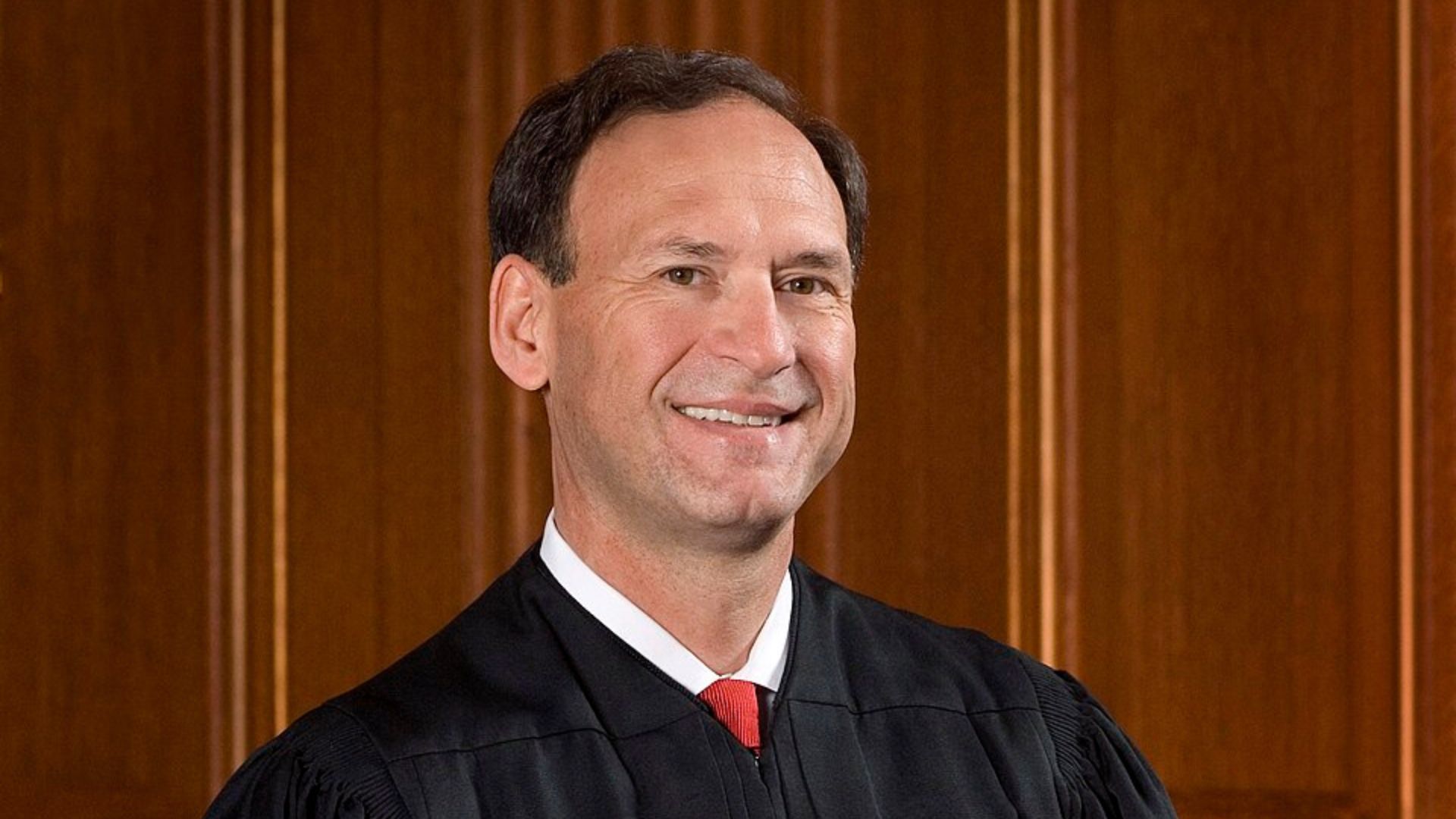
Justice Alito’s absence might lead to a delay in the Supreme Court’s tight schedule.
According to CNN, the Court is rushing to issue its decisions before the term concludes, and without Alito, there’s talk that this might push the term’s end into July to handle all undecided cases.
Awaiting Decisions on Major Cases
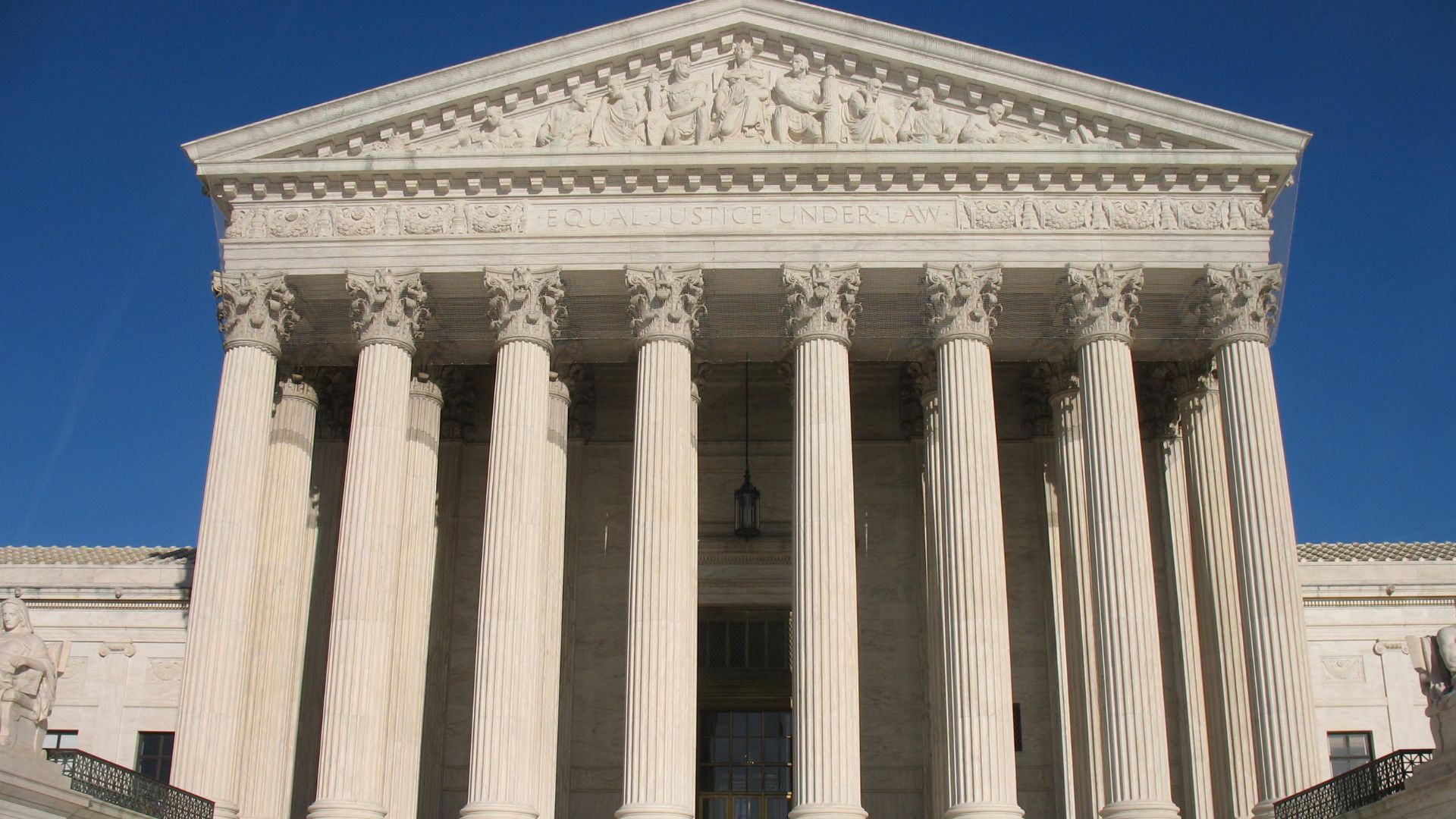
Newsweek highlights that the Court is on the verge of deciding several high-profile cases, including the issue of former President Donald Trump’s immunity from prosecution.
These anticipated decisions could be influenced by Alito’s absence, which adds an element of uncertainty to the outcomes.
Flags and Recusal Controversies
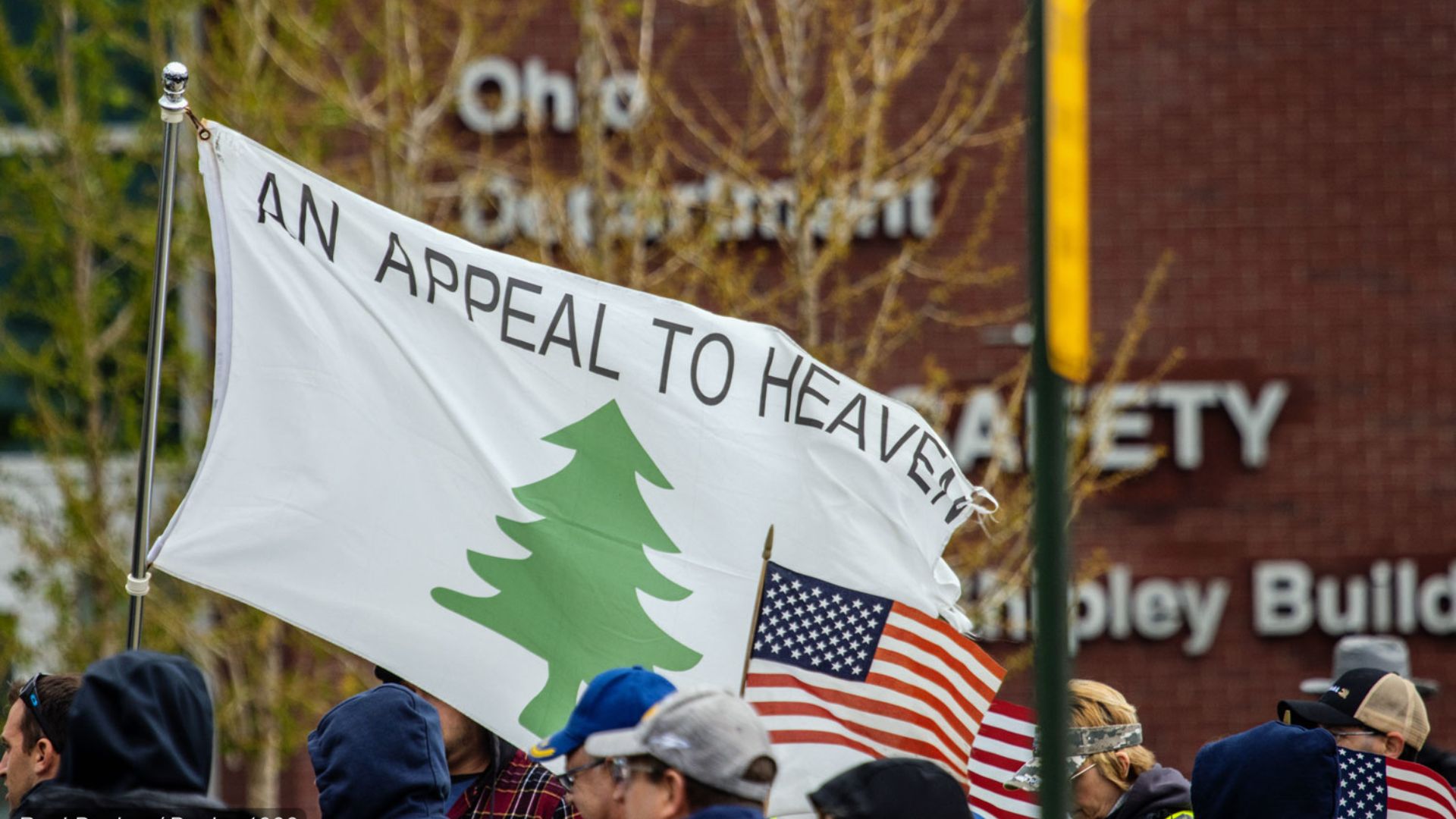
Justice Alito has been under scrutiny for not recusing himself from Trump-related cases despite controversies over flags similar to those used by Capitol rioters being displayed at his residences.
CNN reports that Alito attributed the presence of these flags to his wife, Martha-Ann, who flew an upside-down U.S. flag and an ‘Appeal to Heaven’ flag at their properties.
Social Media Buzz
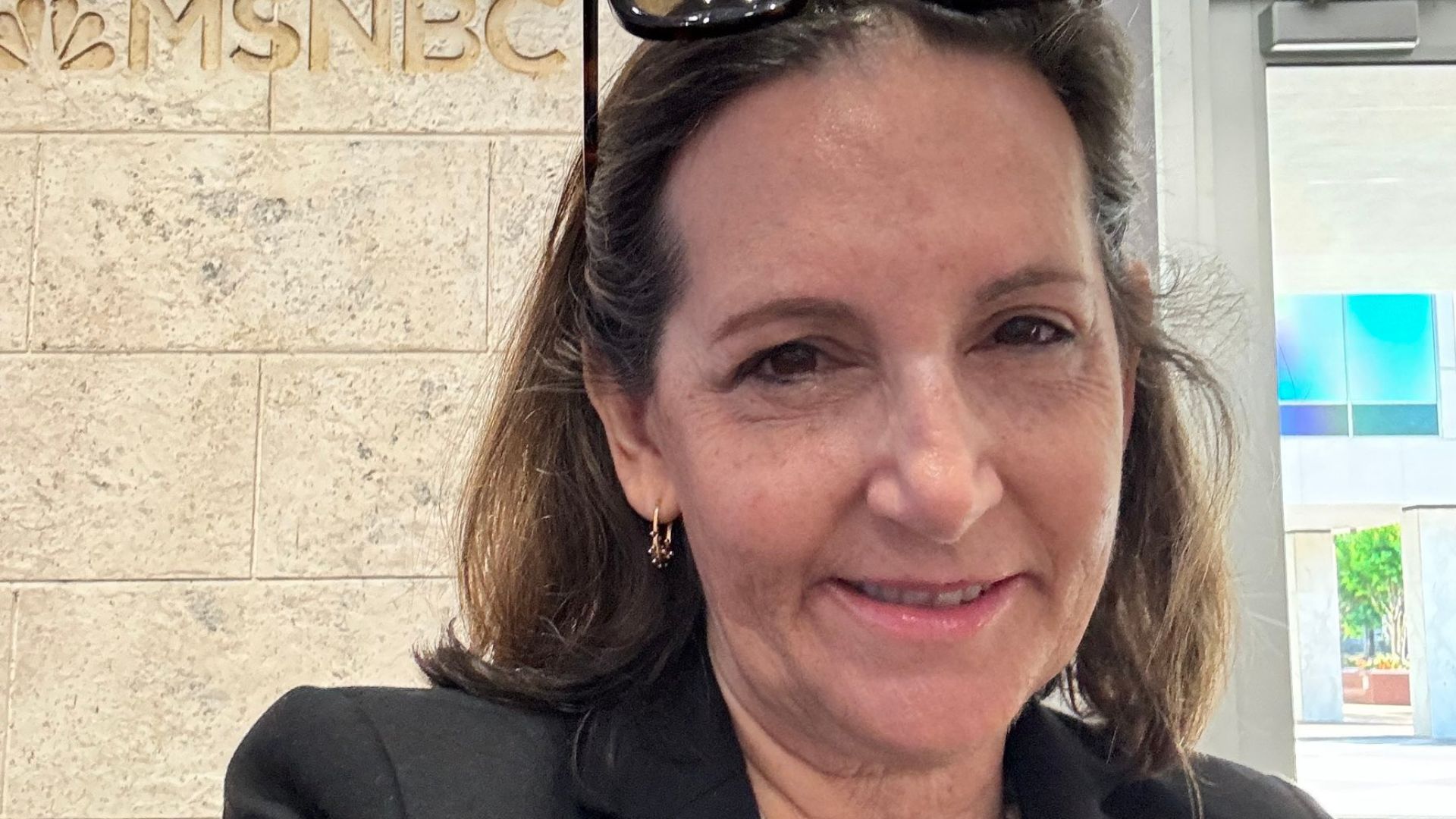
Joyce Vance, a former federal prosecutor, brought attention to Alito’s absence on the social platform X, stating, “Alito was absent from court for two days last week. No word on why.”
This comment has sparked a wave of speculation and concern online about the reasons behind his absence.
Speculative Media Reactions
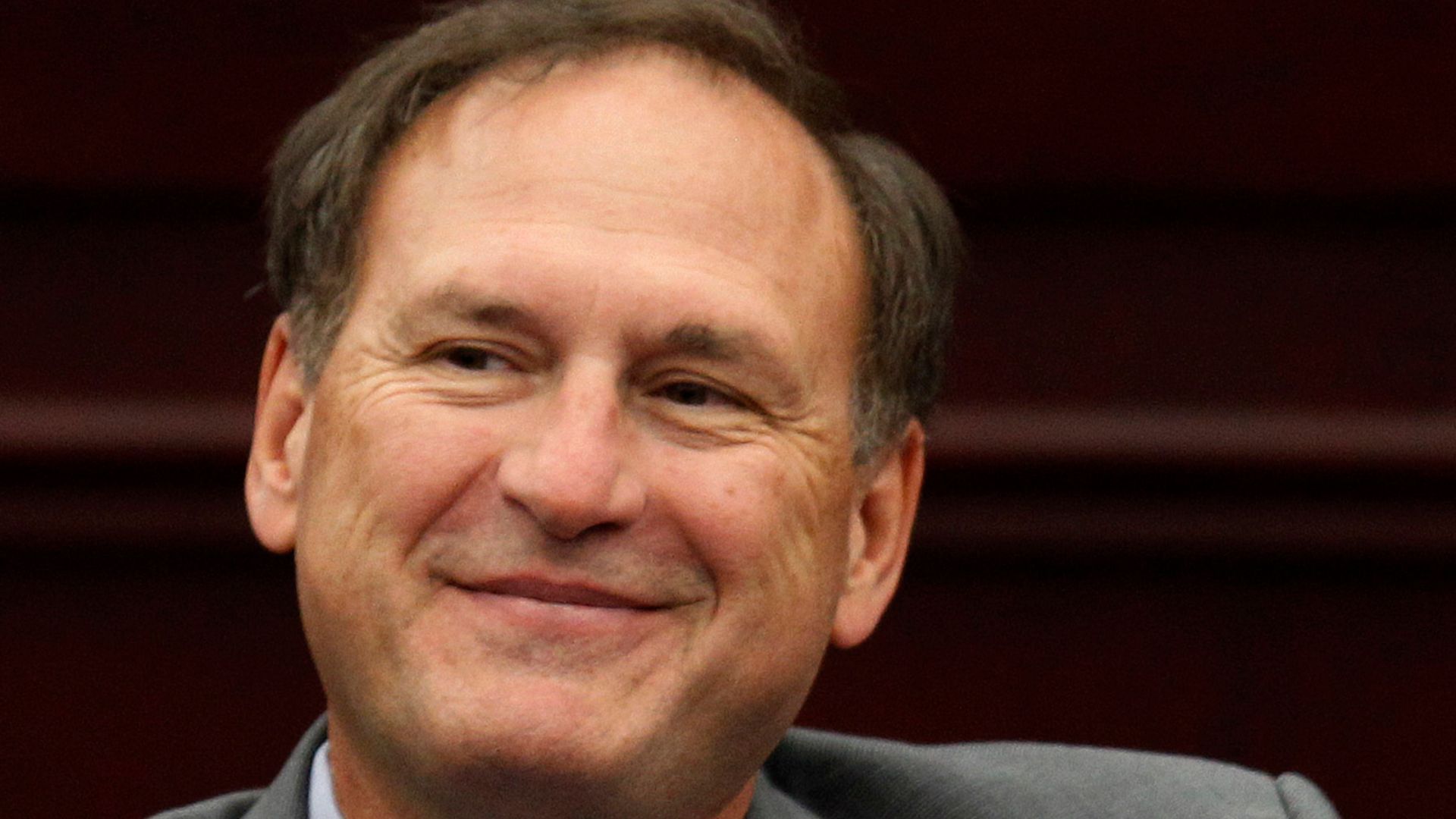
Media outlets have been abuzz with speculation about Alito’s recent no-show.
Newsweek reports that the New Republic playfully speculated whether Alito was recuperating from a flag day celebration or intentionally delaying proceedings, highlighting the mixture of humor and serious speculation that has filled the void of official information.
Transparency Concerns Raised
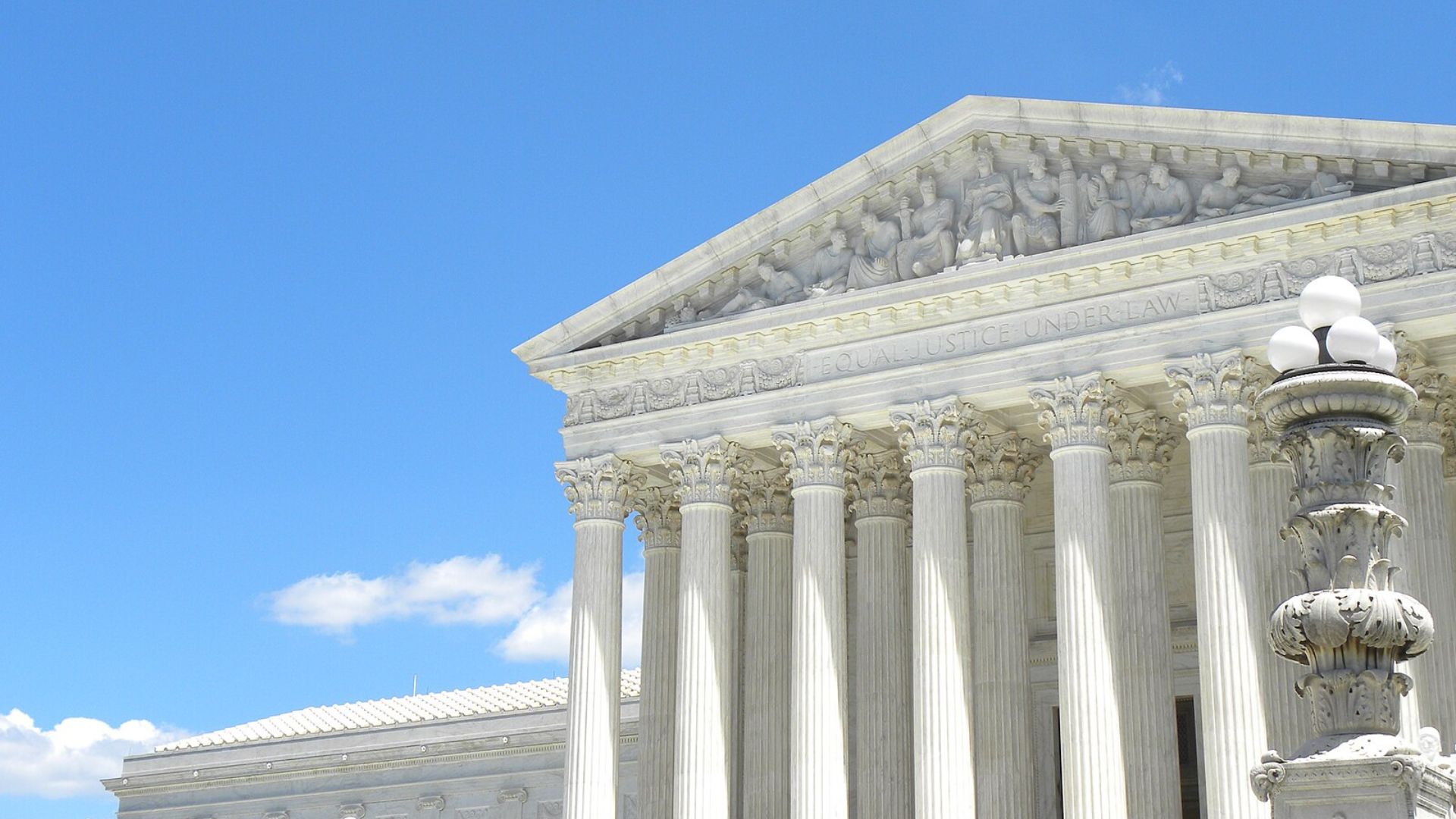
The Palmer Report commented on the lack of transparency about Alito’s disappearance, noting the unusual silence from the Court: “Alito has been absent from the court for the last few days. Nobody knows why.”
This statement reflects wider concerns about the transparency of the Supreme Court’s operations.
Impact on Supreme Court Dynamics
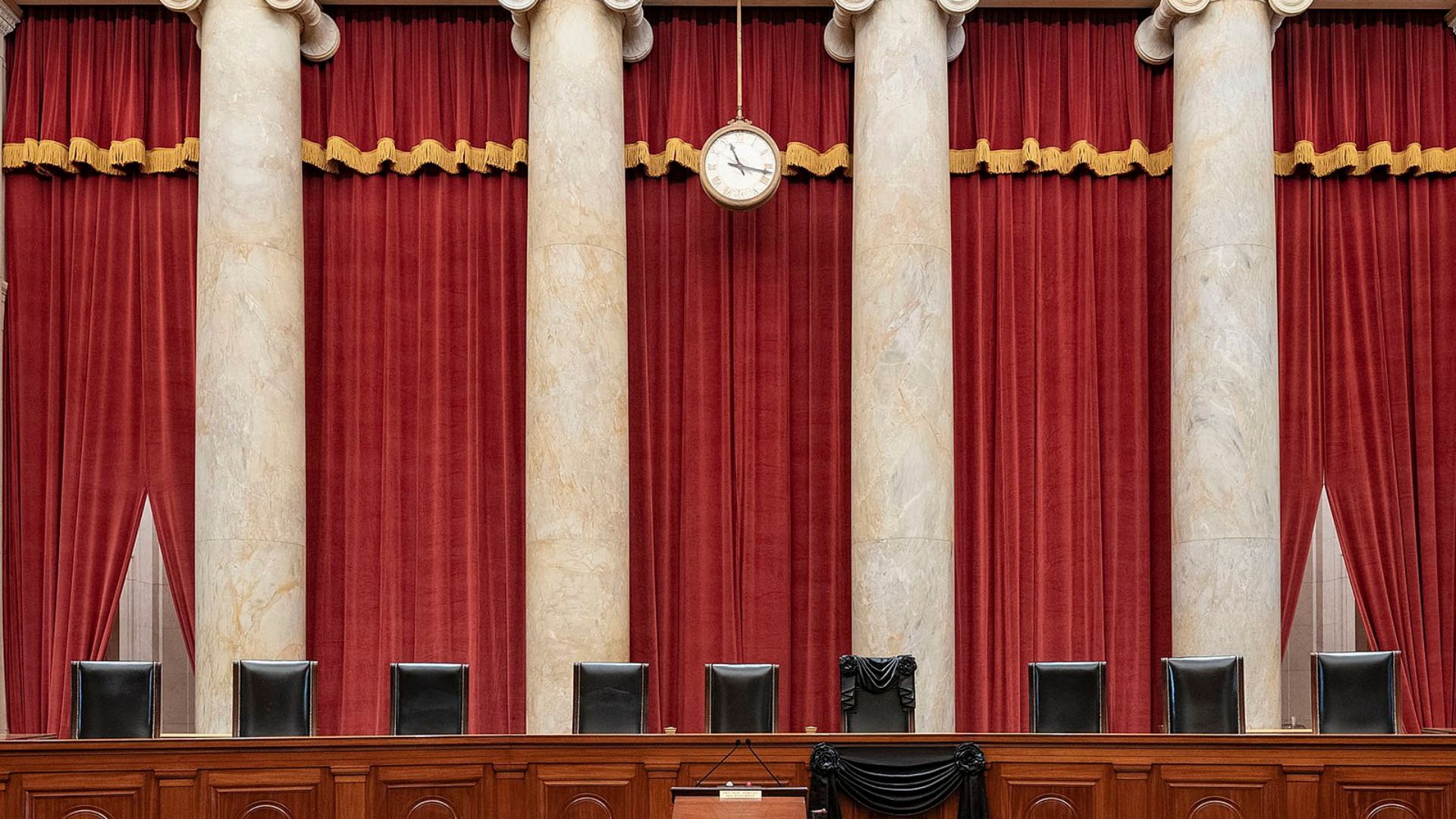
The absence of Justice Alito is pivotal, not just for the cases at hand but for the overall dynamics of the Supreme Court.
His absence affects the balance of the Court and potentially alters the outcomes of decisions, especially in closely contested cases.
Uncommon Silence from the Court
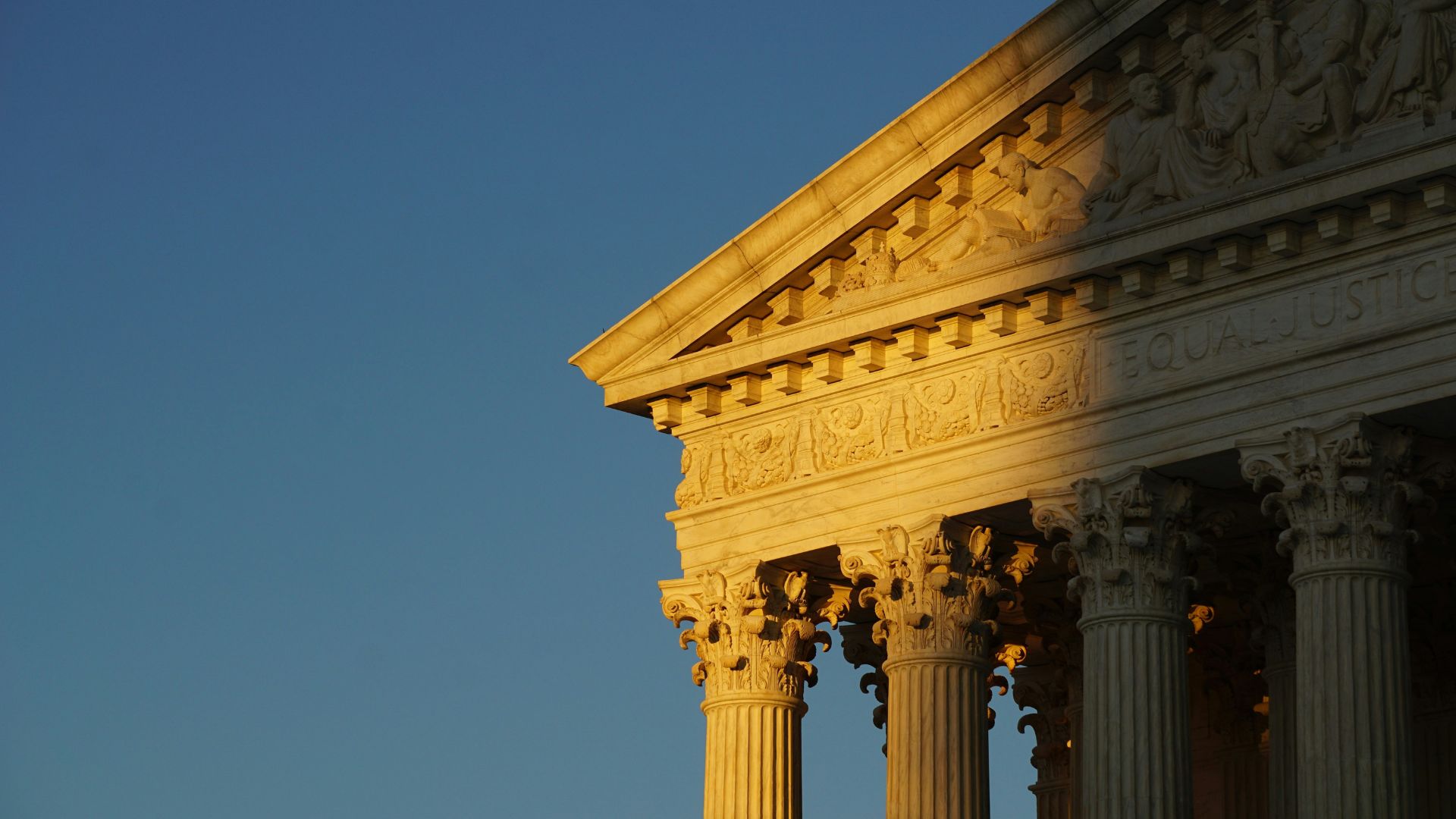
It’s rare for a Supreme Court Justice to miss key decision days without a public explanation.
This unusual silence has prompted legal experts and court watchers to closely monitor the situation, eager to understand the potential impacts on the Court’s efficiency and decision-making process.
Public Interest Peaks
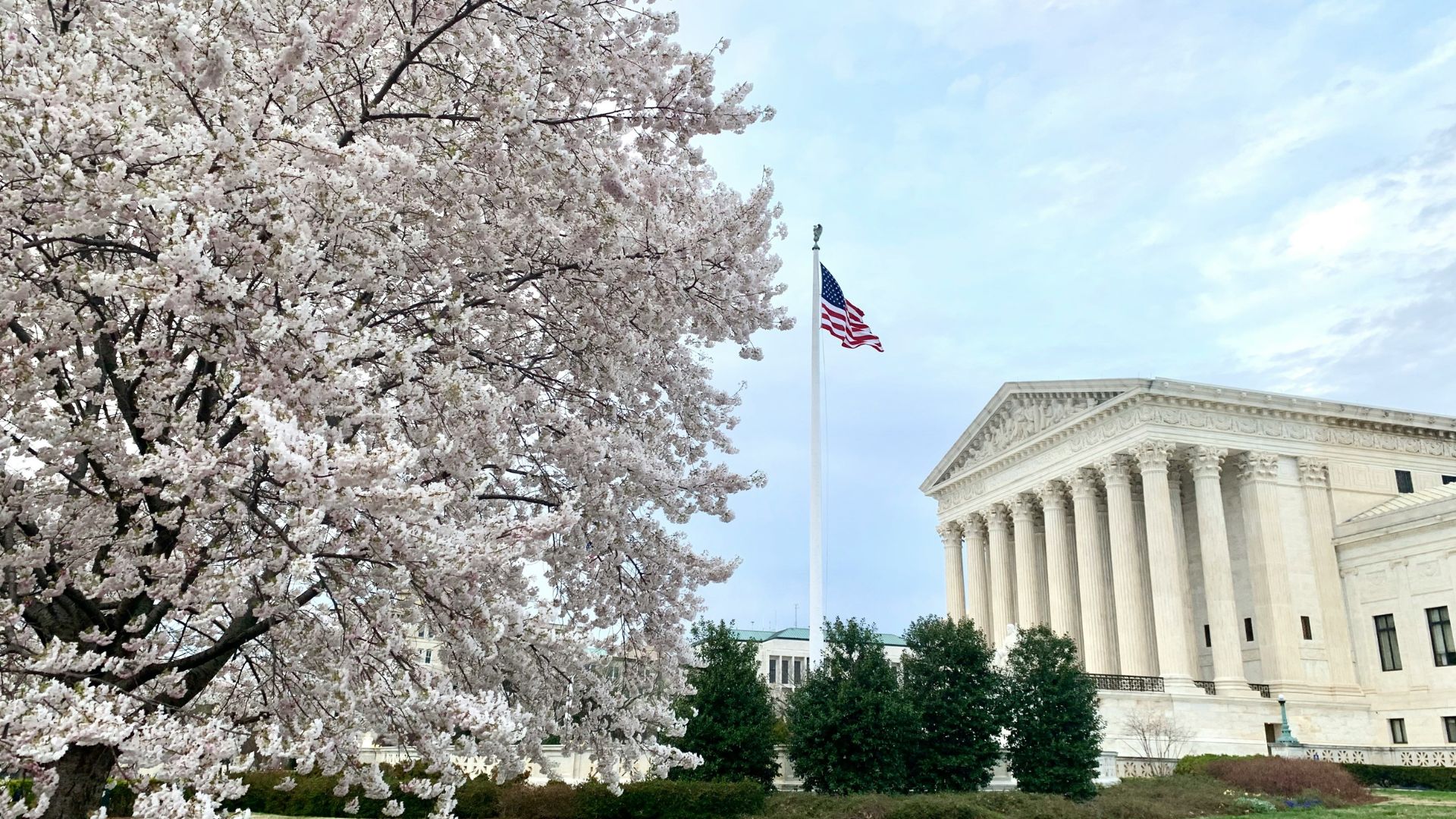
This incident has significantly raised public interest in the workings of the Supreme Court.
Across the nation, people are closely watching how Justice Alito’s absence could affect key judicial decisions and what it may reveal about the inner workings of the Court.
Eager Anticipation for Alito’s Return
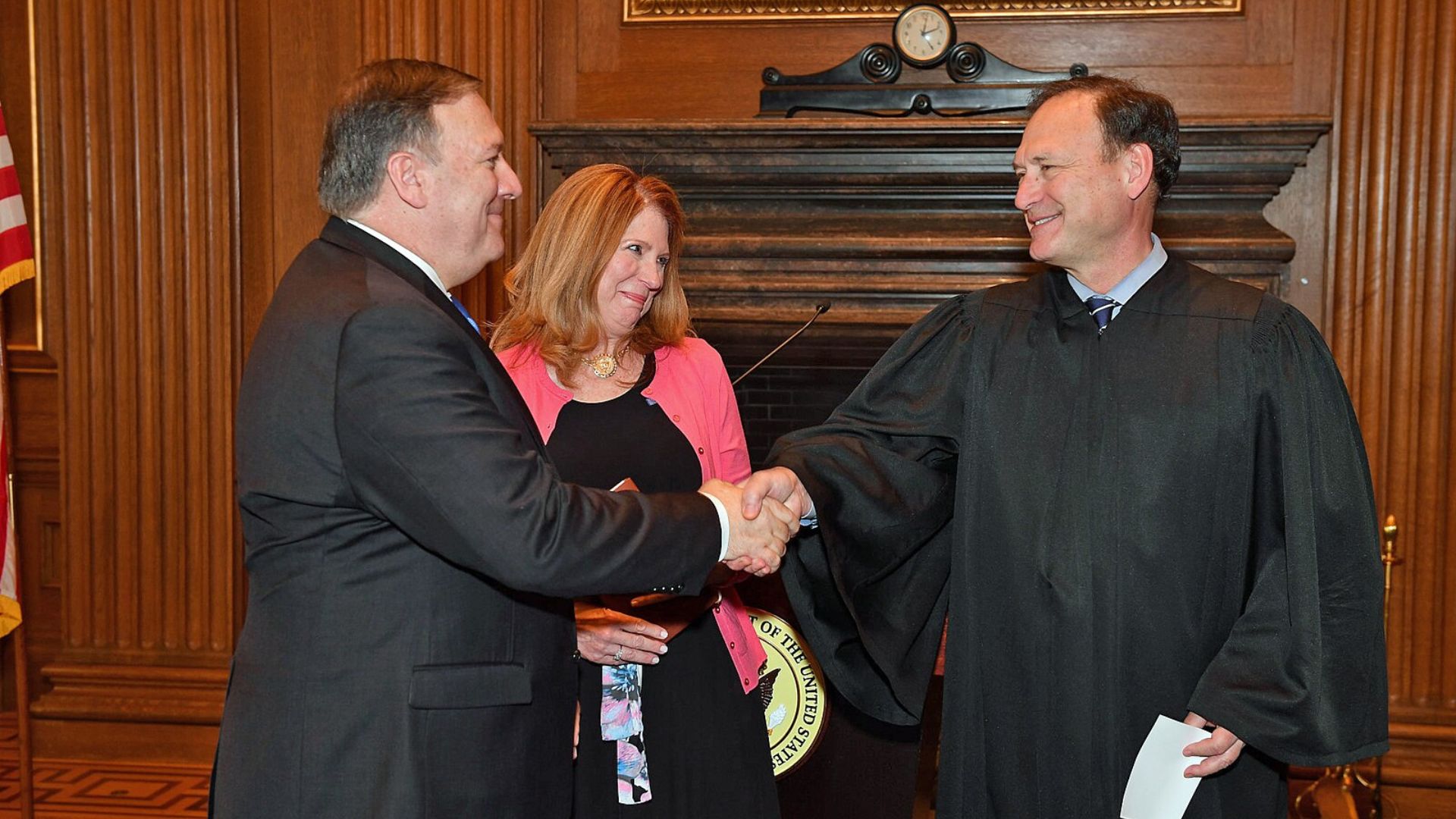
The legal community and the public are on edge, waiting to see if Justice Alito will return to the bench this week.
His presence or further absence will likely dominate discussions among those following the Court, providing potentially critical insights into the ongoing developments.
Continuing Questions Without Answers
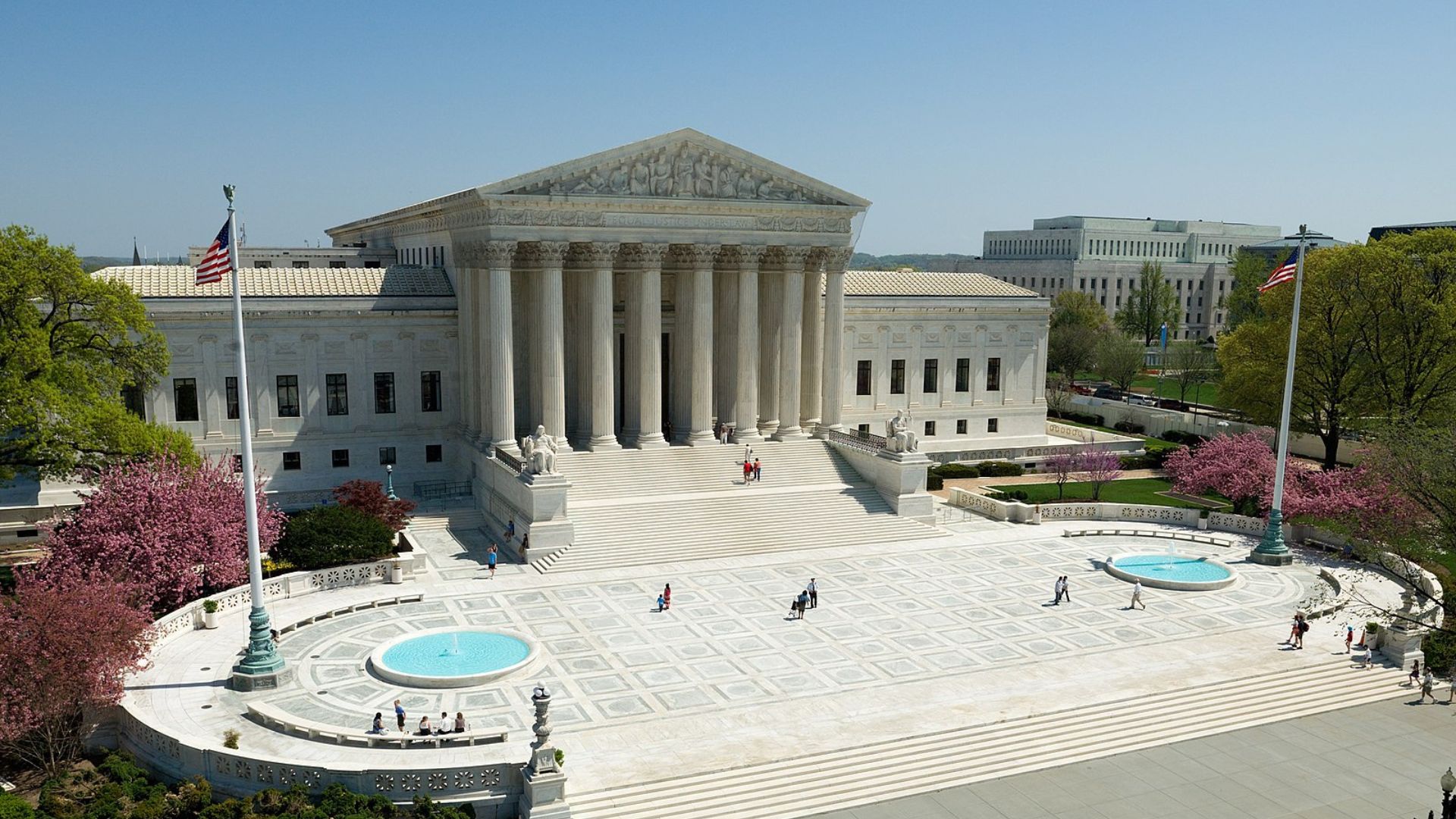
As more time passes without any official word on why Justice Alito was absent, the speculation continues to grow.
This ongoing mystery only intensifies public and legal interest in the transparency and accountability of the judiciary, particularly during such a critical period for the Supreme Court.
Supreme Court Session
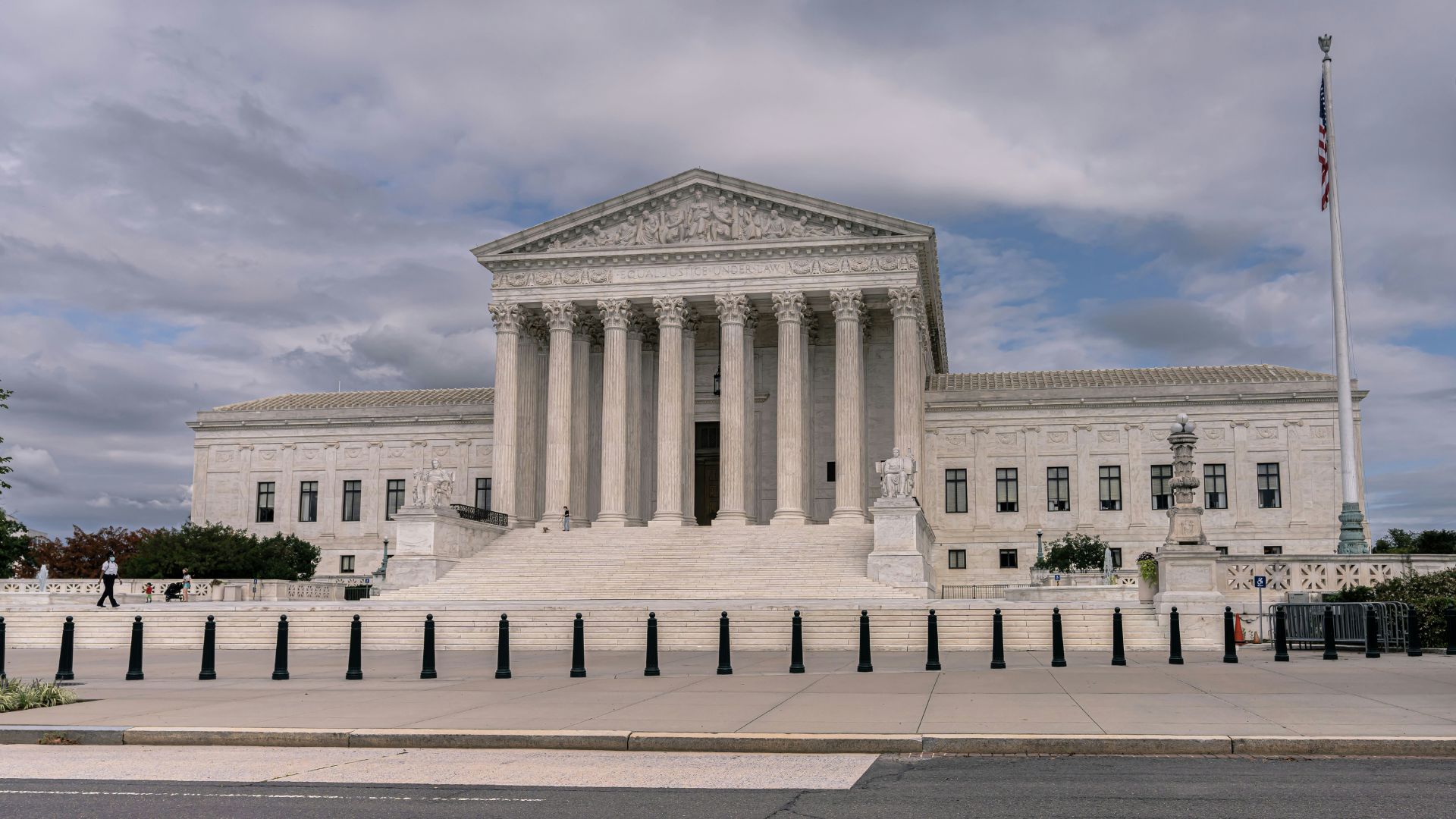
Currently, the Supreme Court is very busy with an influx of huge cases to decide on before the court’s session ends with any delays possibly causing cases to shift into a future term.
Typically, the Supreme Court ends its term by the end of June or in early July and will reserve the most impactful and dramatic cases for last.
Current Cases

According to PBS on Wednesday, the Supreme Court heard 61 cases this term and 12 have remained unresolved.
One case of importance is the question of Donald Trump’s ability to use presidential immunity to protect himself from criminal proceedings.
Trump’s Trial
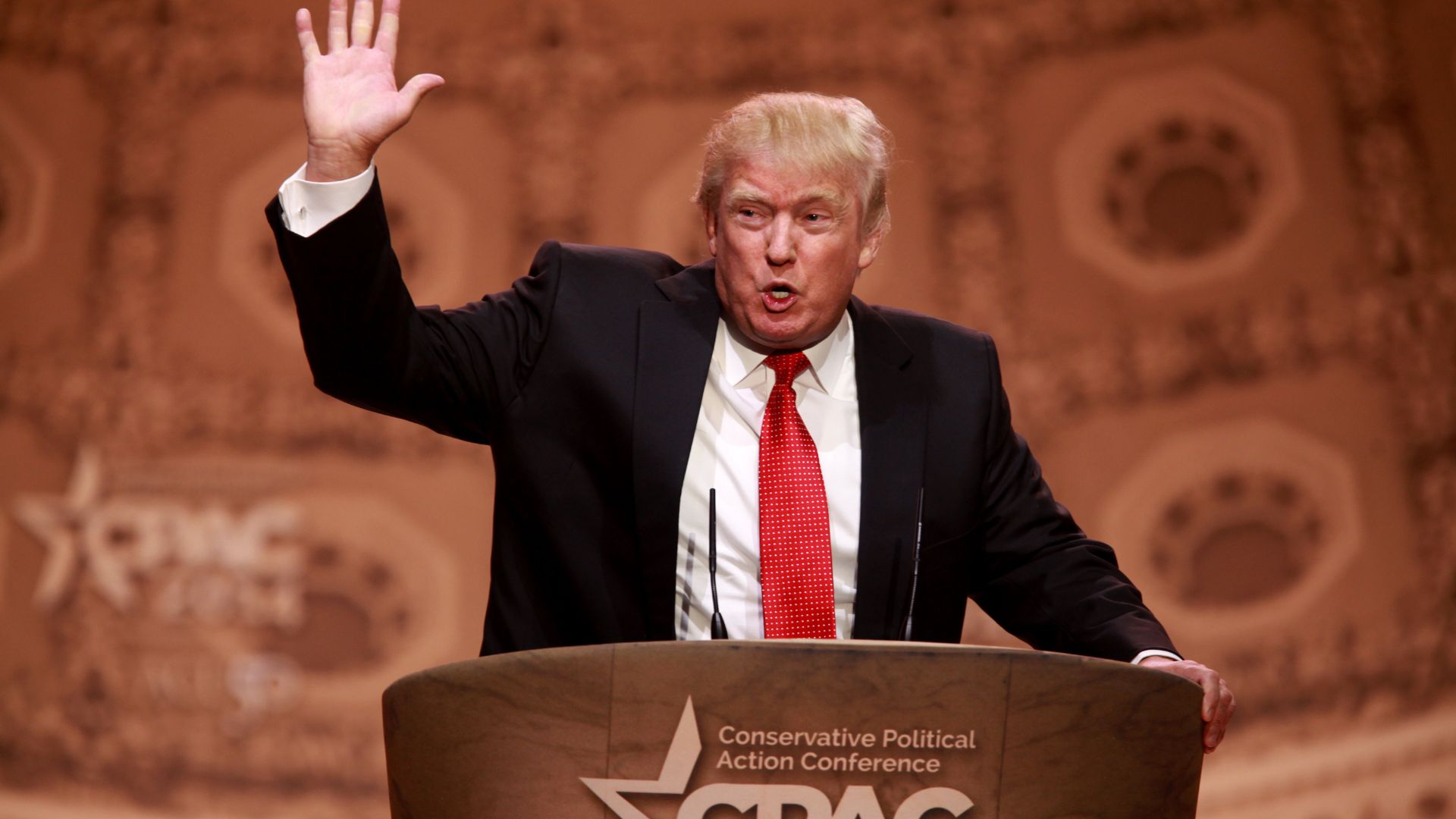
Former President Donald Trump is scheduled to have a criminal trial in D.C. surrounding allegations that Trump had plotted to subvert the transfer of power to his successor Joe Biden over the presidential election.
This case is important because the trial may happen before the November general election, which could have an effect on his standing with voters.
January 6th
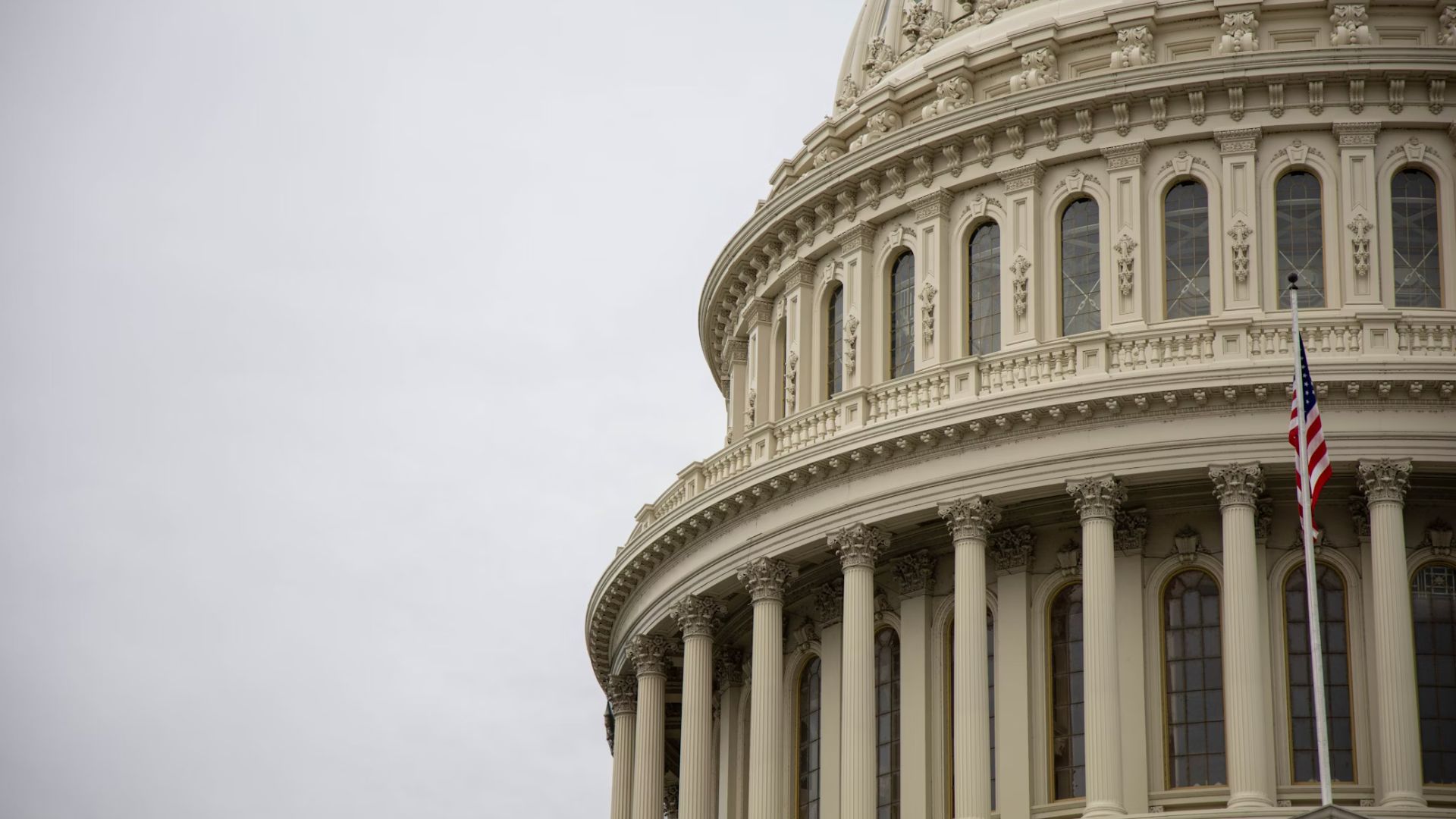
Another issue before the court is related to the January 6th incident in 2021 that saw hundreds of people charge the US Capitol building.
In this case, Trump faces a charge of obstructing a proceeding and the court will make a decision regarding whether a law against document tampering can be used against accused Jan 6 protestors.
Abortion Case
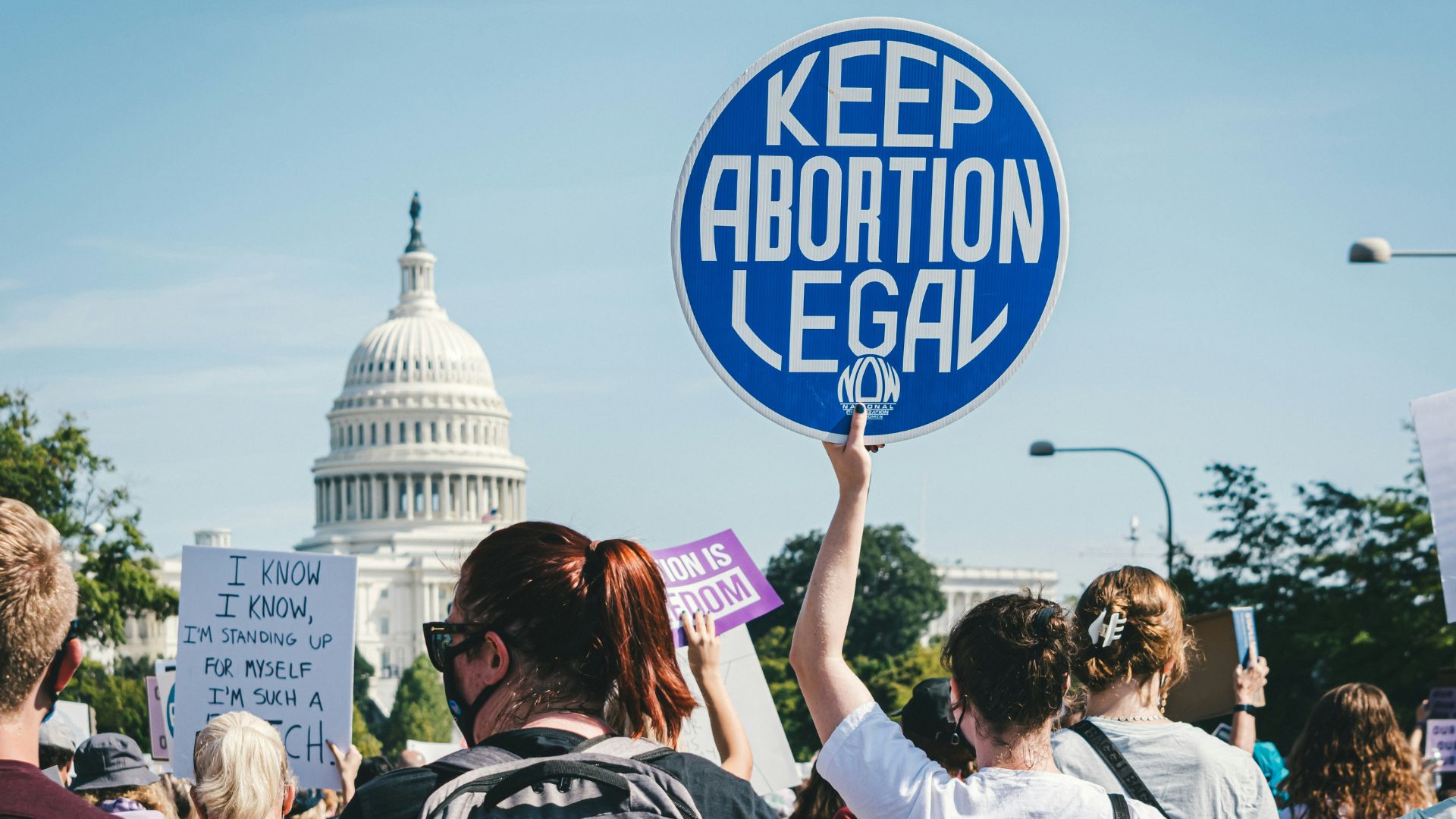
On Thursday, the Supreme Court allowed emergency abortions in Idaho, which lets hospitals perform them in specific circumstances. However, the issue was not completely resolved and may appear before the court again.
Bloomberg reported that the court had accidentally posted the brief on the Supreme Court website. This ruling effectively allows a lower court ruling to go into effect.
Alito on Abortion
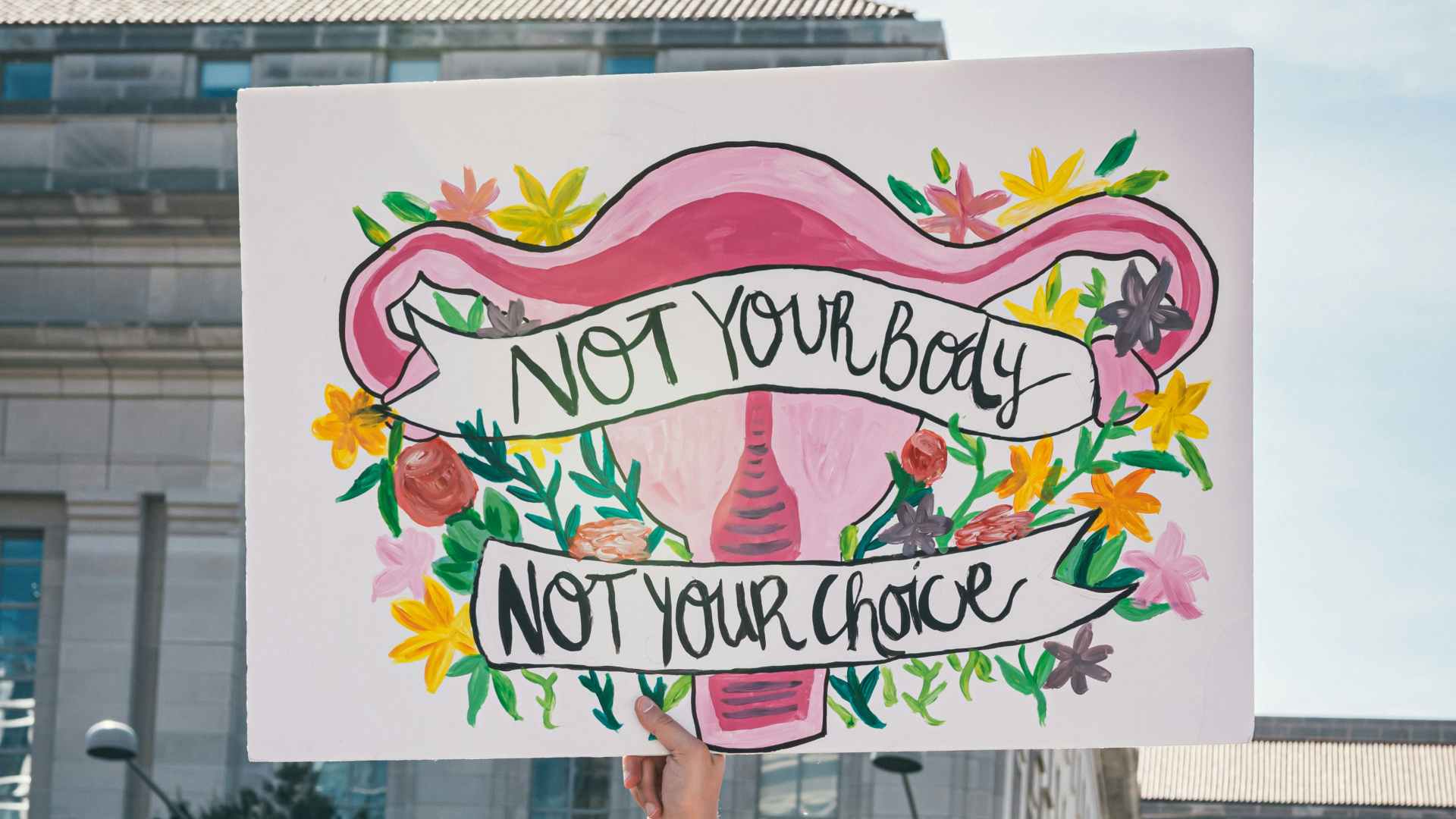
In response to the abortion ruling, Alito issued an emphatic dissent, asserting that doctors have a responsibility to protect an unborn child under federal law.
“It goes without saying that aborting an ‘unborn child’ does not protect it from jeopardy,” Justice Alito wrote.
Homelessness
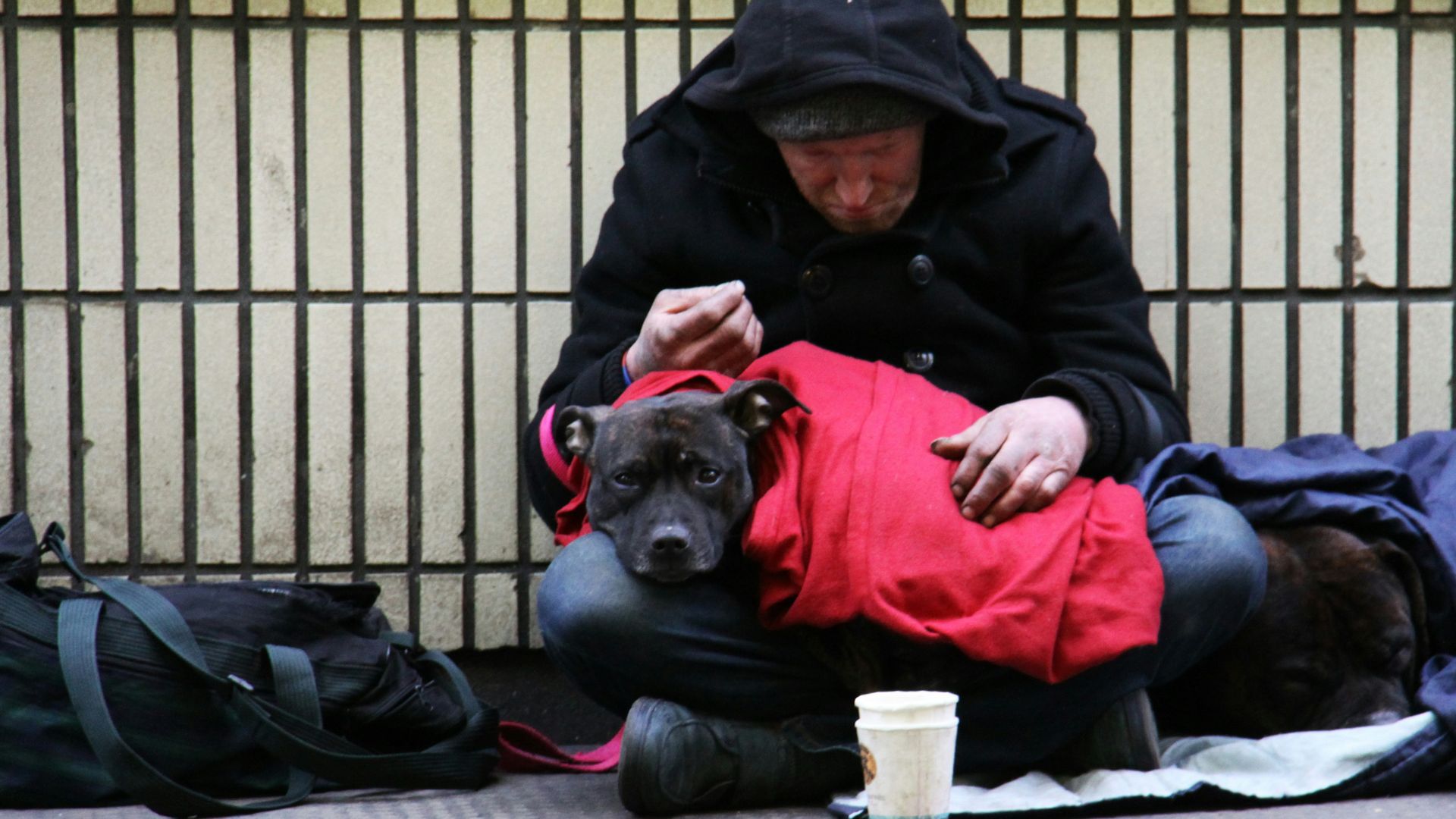
On Friday, The Supreme Court ruled in favor of the constitutionality of local governments creating rules to ban homeless camps in public.
It was ruled in a 6-3 decision and created a definitive precedent for governments to impose fines on homeless people living in public spaces.
Alito Rules For Majority
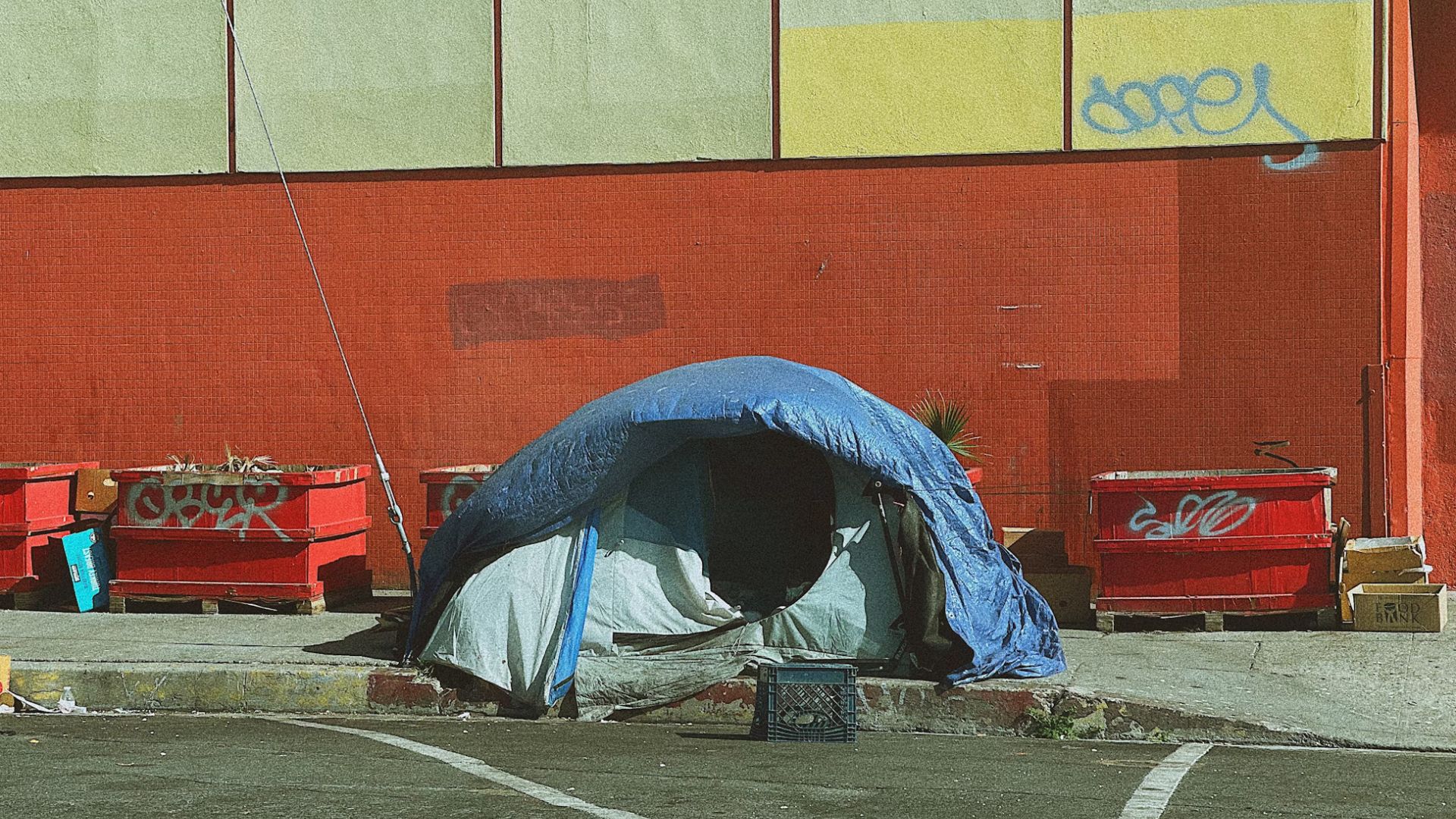
In the homelessness case, Alito joined the majority in supporting the city of Grants Pass, Oregon that passed ordinances preventing homeless people from sleeping in public parks and streets. At the heart of the argument was whether being homeless counted as a protected status or merely someone’s conduct.
During oral arguments, Justice Roberts suggested that if someone can instantly become “not homeless” then it is a conduct and not a status.
Chevron Case
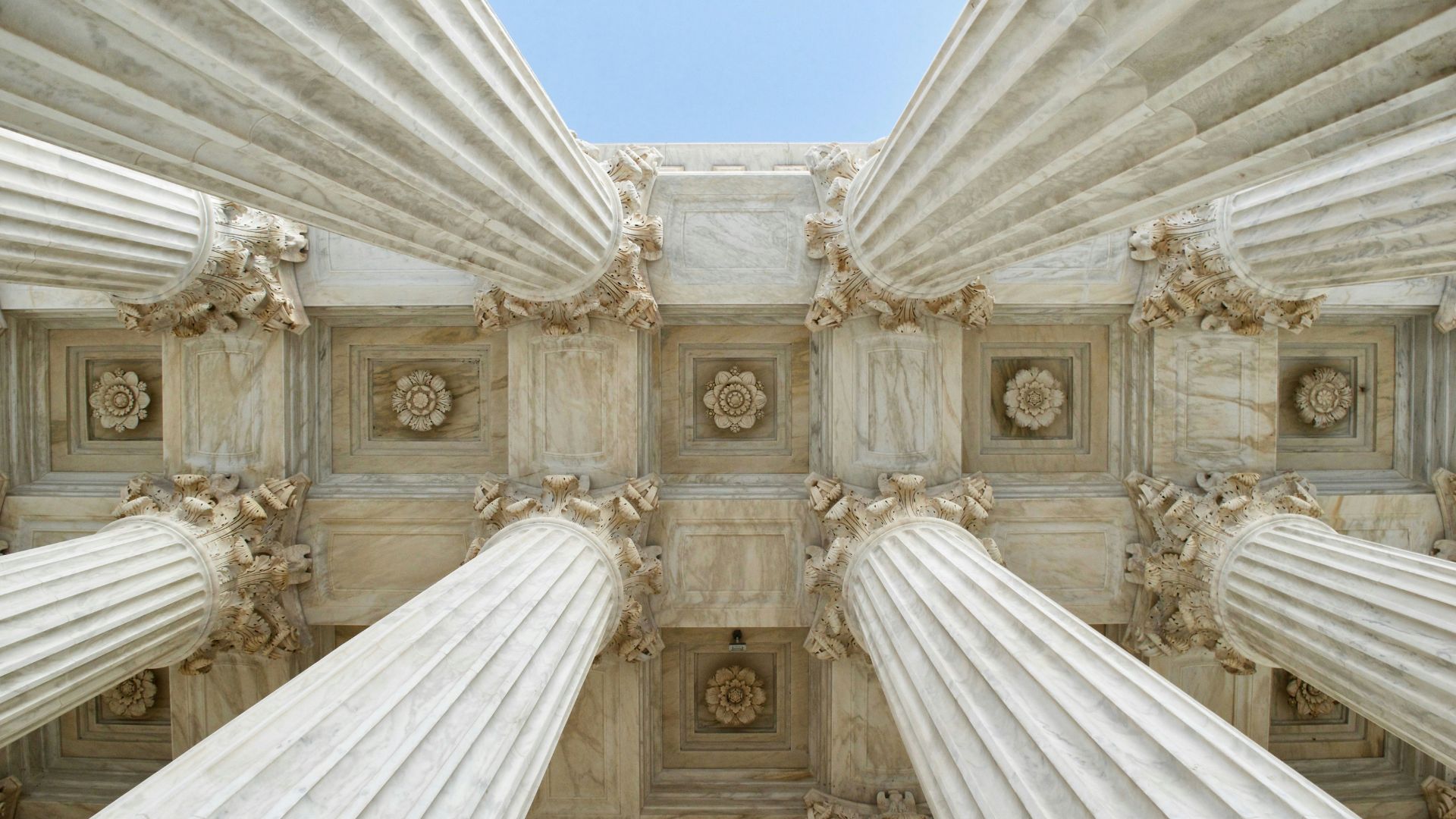
On June 28, the Supreme Court ruled on a case involving a Chevron decision, overturning the 40-year-old standard that gave federal agencies broad regulatory power.
“Chevron is overruled. Courts must exercise their independent judgment in deciding whether an agency has acted within its statutory authority, as the [Administrative Procedure Act] requires,” Justice Roberts wrote for the court.
Railing Against the White House
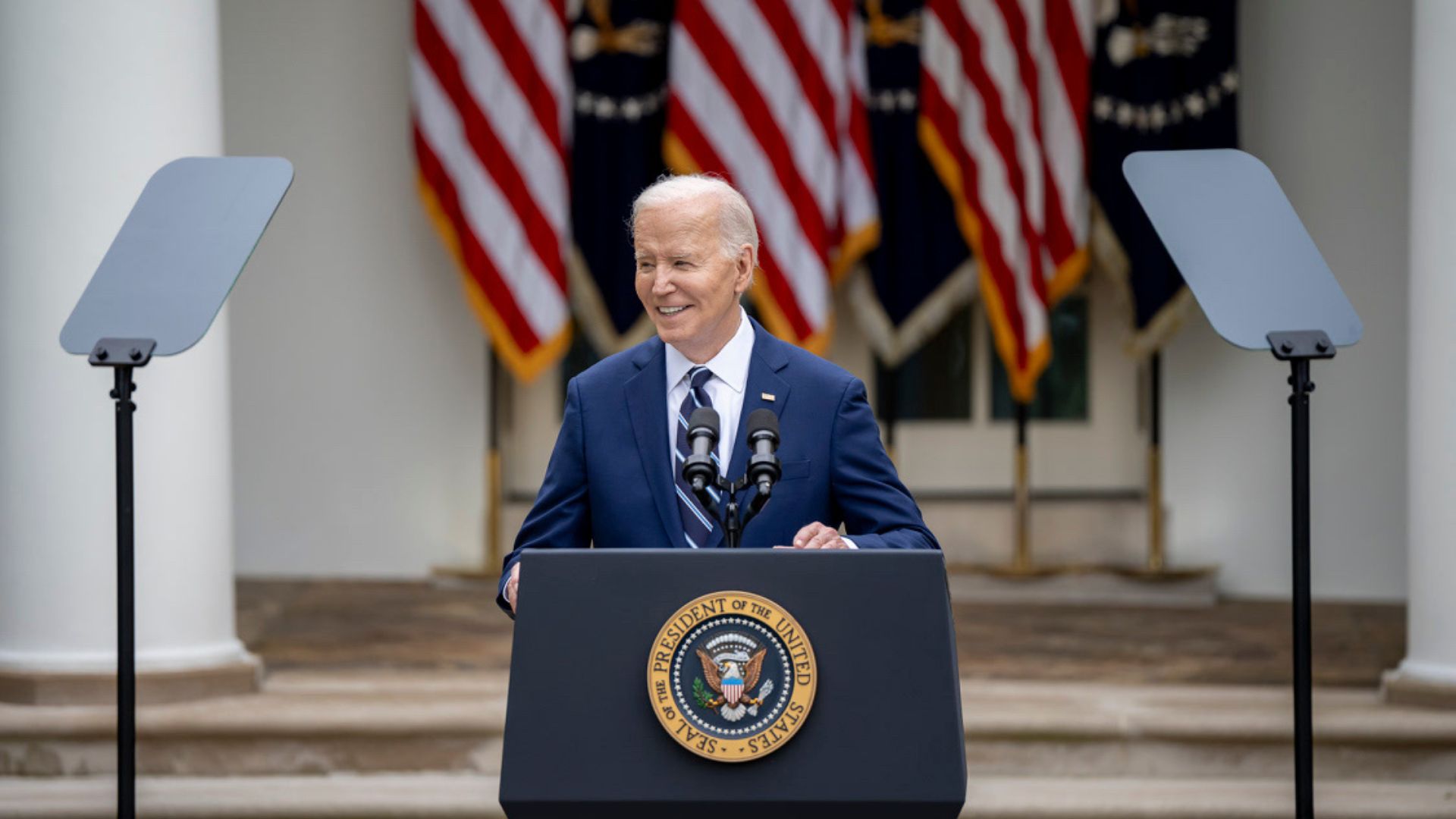
After Alito’s return from his absence this week, he issued an opinion against a court case about social media misinformation where he accused the Biden administration of a “campaign to coerce Facebook.”
“For months, high-ranking Government officials placed unrelenting pressure on Facebook to suppress Americans’ free speech,” Alito wrote. “Because the Court unjustifiably refuses to address this serious threat to the First Amendment, I respectfully dissent.”
Speech Suppression

In this case, Alito felt like the Biden administration’s move to suppress COVID-19 opinions of social media users harmed their freedom of expression.
“I assume that a fair portion of what social media users had to say about COVID-19 and the pandemic was of little lasting value,” Alito wrote in his dissent. “Some was undoubtedly untrue or misleading, and some may have been downright dangerous. But we now know that valuable speech was also suppressed.”
Biden Bullying Facebook
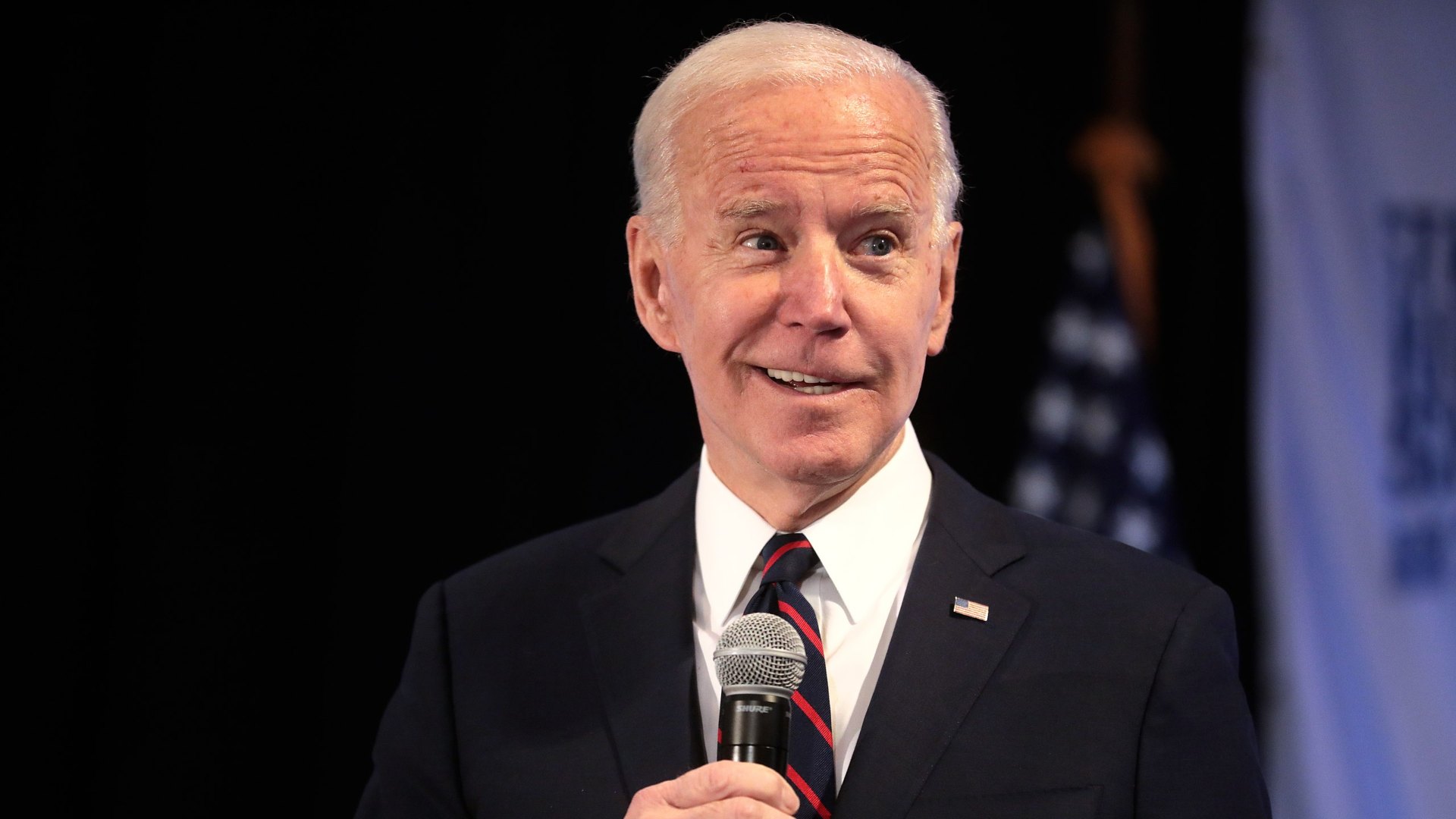
Alito also accused White House officials of a policy where they would “browbeat” Facebook into deleting posts that they disapproved of.
He also characterized Facebook’s decision to comply as “[resembling] that of a subservient entity determined to stay in the good graces of a powerful taskmaster.”
